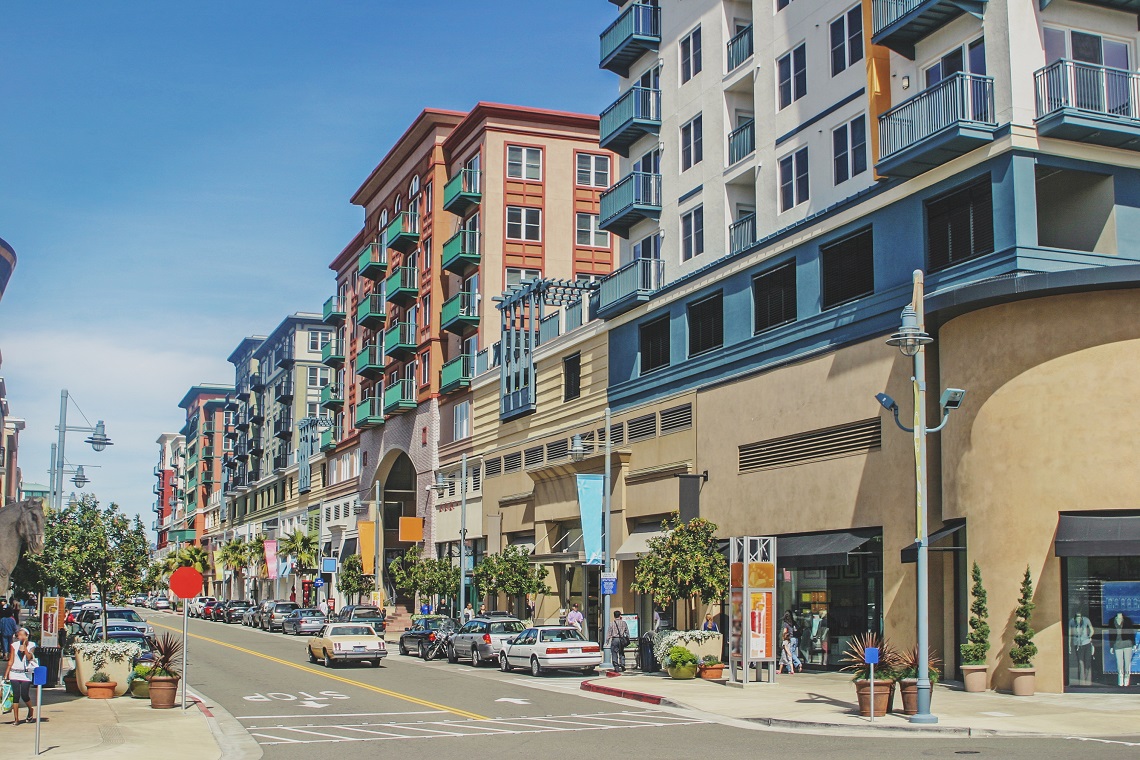In the November issue of National Liquor News, Stephen Wilson, the Category and Insights Manager at StrikeForce, explains how store clustering can increase the chance of meeting and exceeding localised shopper expectations.
Store clustering is defined as ‘a grouping of stores based on performance, demographics, shopper type or physical attribute’.
Why cluster store groups?
Effective store clustering whether grouped by sales performance, affluence, physical store attribute or other factors provide retailers and suppliers with the opportunity to match range with one or more of the clustering elements exposing brands to the best chance of generating a sale.
By clustering stores a logical and solid foundation is set from which ranging decisions can then be based.
Store clustering offers a more targeted approach. The optimal product assortment tailored to meet local shopper demands delivers a powerful and compelling reason for shoppers to walk through the door rather than shop at a competitor.
Concentrating efforts on a particular store cluster maximises effort, reduces spend, ensures stock levels are monitored and adjusted to reduce the likelihood of out of stocks and lost sales as well ensuring promotional displays and on-shelf presence are maintained.
Who uses store clusters?
Store clustering is not limited to any one channel or retailer.
There is no limit to the number of store clusters that can be applied so the number of clusters adopted can become very granular.
In recent years we have seen two major Australian supermarkets identify growth opportunities focusing on clustering by demography and affluence with the roll out of smaller store formats.
Woolworths Metro and Coles Local stores are more prominent in metropolitan areas moving away from a ‘one size fits all’ strategy to a smaller, tighter range tailored to meet local shopper needs.
They are offering range that is unique to those store clusters including fresh seafood, organic meat and unpackaged vegetables.
Super premium and premium brands are on offer reflecting the willingness of shoppers to trade up while seeking a convenient solution for their next meal.
As recently as July 2019, Metcash announced the launch of a new set of retail brands to more effectively deliver ‘the right offer and the right format’.
These seven retail brands are effectively store clusters that will offer a tailored range to meet shopper needs in response to the strategy adopted by the major supermarkets.
Off-premise liquor has for years had physical environmental factors that effectively cluster stores – stand alone, drive through and attached bottle shops.
These clusters are refined further when you take into consideration location, demographics and affluence.
Occasion is a driver of off-premise sales with big box retailers catering to shoppers who want depth and breadth of range, bottle shops attached or next to major supermarkets catering to shoppers who buy their liquor when they do their grocery shopping and specialty retailers who are ‘famous’ for their tight targeted range.
By taking overriding consumer trends into consideration, the depth and breadth of range can be easier to determine along with which planogram should be applied to the individual store clusters.
This is where smaller clusters of independent liquor stores can punch well above their weight by focusing on specialist or niche products to complement their mainstream range.
By constantly talking to their customers and applying the basic principles of good category management they can review and amend their range in a more agile manner than larger competitors.
Conclusion
As the retail environment becomes more competitive, store differentiation has become more important.
The sophistication of store clustering will continue to evolve based on overriding consumer trends and shopper mission.
Data driven planograms and understanding shopper preference will greatly enhance the store clustering process and increase the chance of meeting and exceeding localised shopper expectations through range optimisation.
In-store execution in the first instance and maintenance of range and promotional activity by store cluster are mandatory to maximise the sales opportunity.
Click the link for more from the November issue of National Liquor News.

